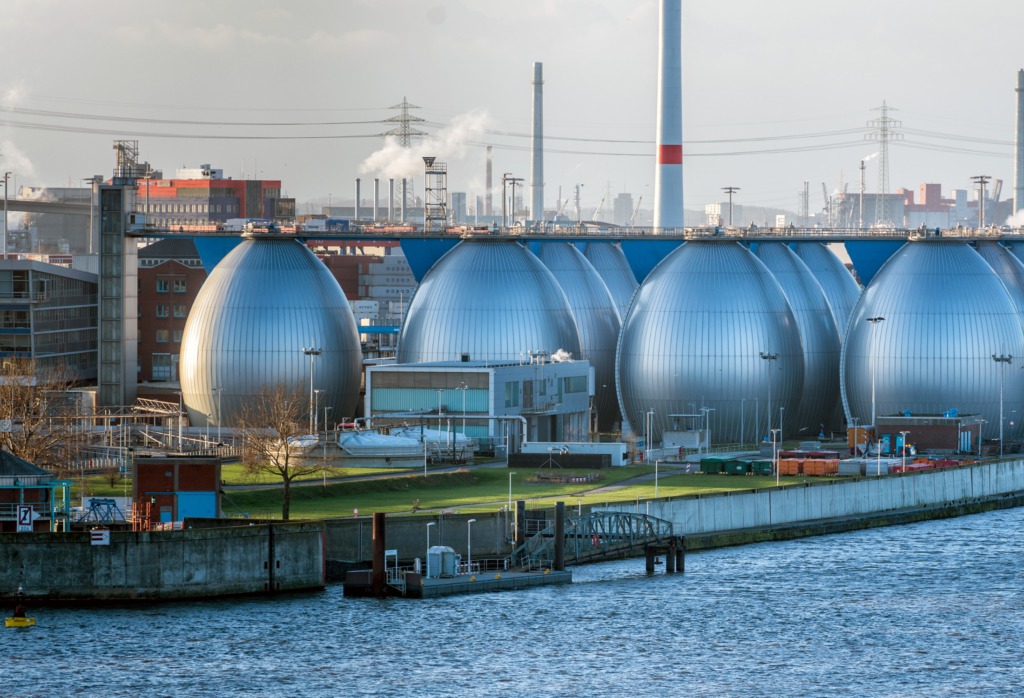
The future of eco-friendly water storage is evolving with innovative solutions designed to optimize conservation, reduce pollution, and ensure long-term water security. From smart filtration systems to sustainable material alternatives, advancements in technology are paving the way for a greener future.
Traditional water storage methods often contribute to contamination, waste, and environmental harm. Plastic tanks, for example, degrade over time and release harmful microplastics into water supplies. Additionally, inefficient storage systems lead to excessive evaporation and leakage, diminishing precious water resources. To combat these challenges, researchers and industries are investing in sustainable technologies that enhance efficiency while minimizing ecological impact.
Emerging Eco-Friendly Water Storage Technologies
Rainwater Harvesting with Smart Filtration
While rainwater harvesting is a centuries-old practice, modern advancements now integrate smart filtration systems that remove pollutants and bacteria more efficiently. AI-powered monitoring devices help optimize collection and distribution, ensuring that stored rainwater remains clean and safe for consumption.
Solar-Powered Desalination and Storage
Seawater desalination has long been an essential process for converting saltwater into drinkable water. However, traditional desalination plants consume excessive energy. Innovative solar-powered desalination technology is now transforming the industry by using renewable energy sources, reducing carbon footprints, and ensuring sustainable storage solutions.
Biodegradable Water Tanks
The excessive use of synthetic materials for water storage contributes to pollution. Emerging biodegradable water tanks made from plant-based compounds and eco-friendly polymers offer a promising solution. These tanks decompose naturally after their lifespan, reducing environmental waste while maintaining durability for safe water storage.
Underground Thermal-Regulated Reservoirs
Underground water storage solutions are evolving with thermal regulation systems that maintain consistent temperatures, minimizing bacterial growth and evaporation losses. These reservoirs store water effectively while preventing contamination, making them an ideal solution for urban landscapes facing water shortages.
Graphene-Based Water Purification Tanks
Graphene, a revolutionary nanomaterial known for its strength and filtration properties, is now being incorporated into advanced water storage systems. Graphene-enhanced tanks provide superior filtration, removing even the smallest contaminants while ensuring long-lasting durability.
Atmospheric Water Generators
Future eco-friendly water storage is not just about conservation but also about sustainable sourcing. Atmospheric water generators extract moisture from the air, converting it into drinkable water through condensation and filtration processes. These devices integrate storage units that ensure water availability without depleting existing resources.
Self-Cleaning Stainless Steel Tanks
Stainless steel water tanks are already recognized for their durability and recyclability. New advancements include self-cleaning coatings that prevent bacterial buildup and reduce the need for harsh chemical cleaning agents. These tanks maintain water purity while supporting low-maintenance sustainability.
Conclusion
The future of water storage lies in innovative, eco-friendly technologies that balance efficiency with environmental responsibility. From solar-powered desalination and biodegradable tanks to atmospheric water generators and graphene-enhanced purification, advancements continue to reshape how we store and manage water resources. By adopting these solutions, societies can ensure long-term water security while contributing to global sustainability efforts.


